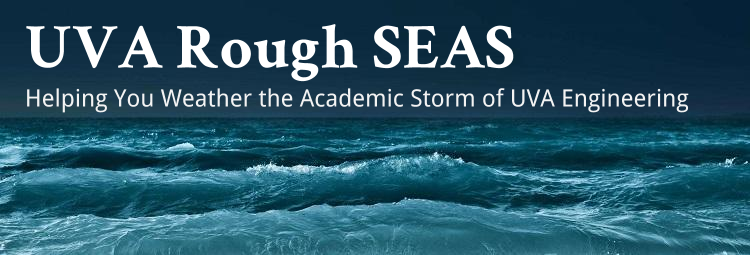I regularly receive emails from students and young entrepreneurs that say something like,
“I’m a student at [university of wherever] working on a startup / want to work at a startup. Can I pick your brain over coffee?”
Putting aside the fact that I dislike coffee, “picking my brain” is a sign that you don’t really know what you want and we will spend the entire meeting just trying to find value for being there. It took a lot of work to get things into my brain, so you need to show me why I should spend my valuable time letting you poke around.
To write emails that land a response, you need to address two questions:
1. Why should this person help me?
2. Am I making it easy for this person to help me?
Here are tips (and tough love) on how you can answer those two questions:
Don’t be boring. As a student, you are boring until proven otherwise. Set yourself apart from being a student. This is a good time to think about crafting a personal elevator pitch. I don’t need your life backstory. Keep it short.
Let’s use an example I hear often,
“Hi Spencer, [long irrelevant backstory] and that’s why I’m thinking about working for a social impact company. Can you recommend some companies?”
Contrast that first sentence with,
“I’m passionate about eliminating systemic poverty through financial access. I’m curious about domestic opportunities related to micro-lending and education.” This is a strong personal elevator pitch that gives me a good sense of what you are about. My brain neurons say,
“Ah! we know someone/something about this specific topic!”
If you are asking for help on a project, then share that project with me. I love to hear about your self-directed learning and your side projects. I want to see resourcefulness and imagination, so don’t come to me with a concept and no work. Have an elevator pitch for your project and share a link where I can dig further on my own.
What is in it for me? You need to do your homework on me. If you haven’t done your homework, then how do you know I can help you? You can reference my blog or a class I teach, or a company I’ve worked on that lends context to your question.
If you do your homework, then you will know what I’m working on. Give me something that I might find useful. You can share fresh ideas for my projects or perhaps you have an eye for design or copy and can make some recommendations. Maybe you have ideas about how to generate customers.
If you really want to get close to someone’s brain, offer to help for two-weeks on a project. I always have a project that can use a little extra hustle.
What do you want from me? Be specific. The more specific you are, the easier it is for me to respond quickly. Let’s continue with our example,
“Can you recommend some companies?”
This question falls into the category of broad recommendations like “general feedback”, or “help in anyway you can.” It also feels lazy. Do not ask for something that should be simple to figure out yourself. If you ask me to recommend companies, I’m thinking,
“what companies are you currently interested in and how did you find them?” Show me you have already done some work for yourself. I’m not here to do the work for you. Here is a full revision of our example:
“Hi Spencer, I’m Jane.
Your blog post on learning resources was super helpful! I use Rework for discovering social impact companies and thought it might be a nice edition to your list.
I’m passionate about eliminating systemic poverty through financial access. I’m curious about domestic opportunities in startup companies related to micro-lending and education, but I’m hitting a wall on finding companies in Austin.
Can you give me one new lead for my Austin hunt?”
Jane shared a useful resource for my blog and she provided a short elevator pitch. Jane knows I provide career hunting advice and that I live in Austin so I might have a valuable lead for her search. This is easy to respond to.
“Jane, glad you found the learning resources helpful. Thanks for the tip! For new leads, check out the companies at Center61 and my Guide to Austin Startup Scene”.
Additional tips:
1. Keep it short, but do not write one paragraph. Break up your sentences like Jane did above.
2. If you do not receive a response in 48 hours, email again. Try for a third time if you have to. If you can’t get through on three tries, then try a new strategy. Find your contact on
LinkedIn or
Twitter.
3. Say thank you as soon as possible. A thank you earns you a future response. If you meet in person, consider mailing a thank-you note. A thank-you note is unexpected and you will earn major etiquette points. The physical note will arrive a few days after your encounter and will create a nice reminder of who you are.
4. Report back on how you used the advice you were given. What was helpful? What did you learn? Showing that you listened or acted on shared advice will earn you a future response.
5. If you are introduced to someone, try to be the first to respond. In your opening sentence, thank the person who made the introduction and move them to bcc. For example,
“Jane, thanks for introducing me to John. Moving you to bcc.” If you want to make an introduction, please first ask both parties.
Don’t over-think any of this advice. Simply show why I should help you (don’t be boring) and make it easy for me to do so (be specific).
Got email peeves, etiquette, or tips on getting a response? Leave them in the comments below.







